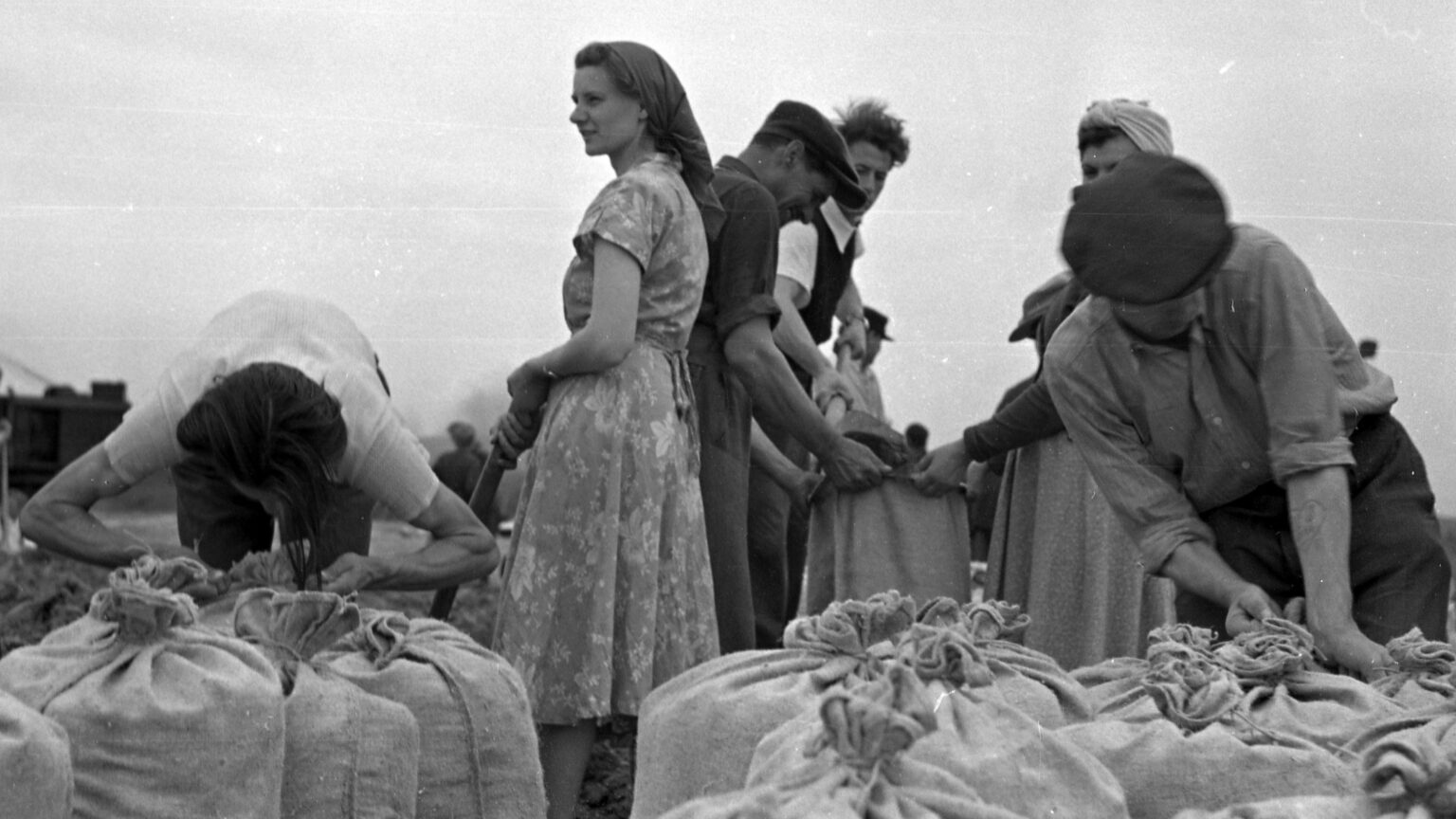
The 1838 flood, commemorated by many memorial plaques and water level signs in the centre of the city, was not only a natural disaster but a tragedy that brought the country together. The heroism of Baron Miklós Wesselényi (1796–1850) for instance is kept in high regard to this day. The young baron gained national recognition for rowing around the flooded city rescuing people. His boat was equally open to the poor and the rich survivors of the flood; many were pulled from the water, others were save from rooftops.

Hungarian national team captain Dominik Szoboszlai scored for Liverpool during their 3–1 win over AC Milan in the UEFA Champions League. On the same day Bayern Munich’s game ended in a rare 11-goal scoreline against Dinamo Zagreb, with the German side battering the Croats 9–2. But it seems that the fan fervour is just not the same as if this all had happened last year. There is a clear reason for that: the drastic UCL format change went into effect at the start of this season.

As a result of the heat island effect, temperatures in cities can be several degrees higher than in the surrounding green areas. The Hungarian Paulinyi & Partners design office, with the support of the European Space Agency, is developing solutions to combat urban heat islands using satellite data to create more liveable, cooler urban areas.

Debrecen University Rector Zoltán Szilvássy shared that researchers at the university are developing a bacteriophage (a virus that kills bacteria) that will ‘eliminate’ all antibiotic-resistant bacteria causing hospital infections locally, thereby preventing such infections in all health institutions in Debrecen in the future.
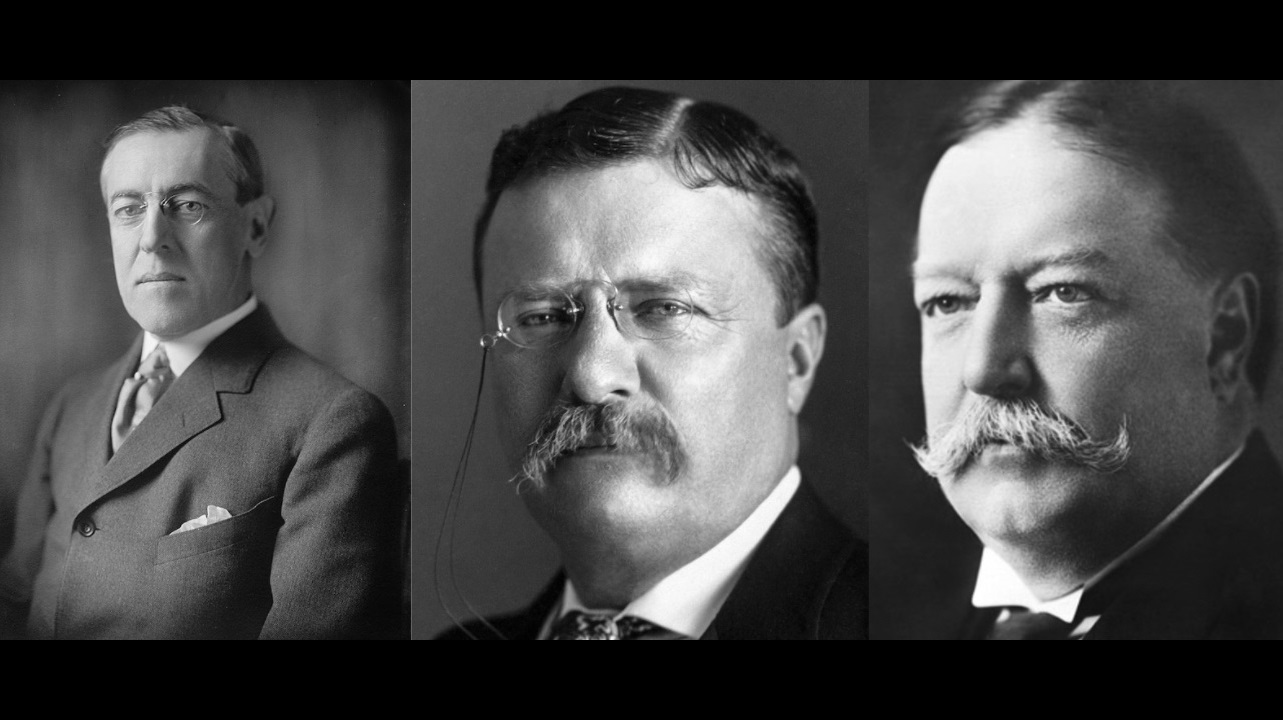
President Theodore Roosevelt hand-picked his successor William Howard Taft in 1908. However, he later turned against him, and ran as a third-party candidate in the 1912 election after failing to get the Republican party’s nomination, which led to the election of Woodrow Wilson, the first Democrat to win the Presidency in 20 years.
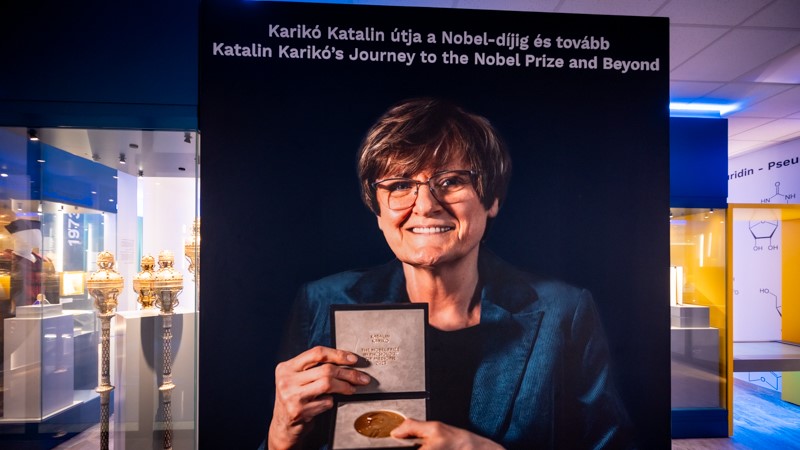
An interactive exhibition paying tribute to the work of Nobel laureates Albert Szent-Györgyi and Katalin Karikó has opened at the University of Szeged, aiming to inspire young people to pursue careers in science. The exhibition also showcases the history of the institution, tracing its origins back to 1581, with special emphasis on its relocation from Transylvania to Szeged in 1921.

At a book launch on 12 September young researchers of the MCC Centre for Next Technological Futures discussed their findings regarding startups and robots with renowned international experts. The English-language book summarizes the fact-based research conducted by the Centre over the past two years, the results of which have already been presented by the student researchers at several international conferences.

‘Space and time represent the two archetypes of political existence…Space inherently belongs to the polis, the starting point of political ‘residence’ (at least in the European cultural circle), and time belongs to the ship, the instrument of the ‘free movement of capital and labour’; the ship is an ancient invention but it is also—only developed later in time—a symbol of progression, change and technological dominance.’
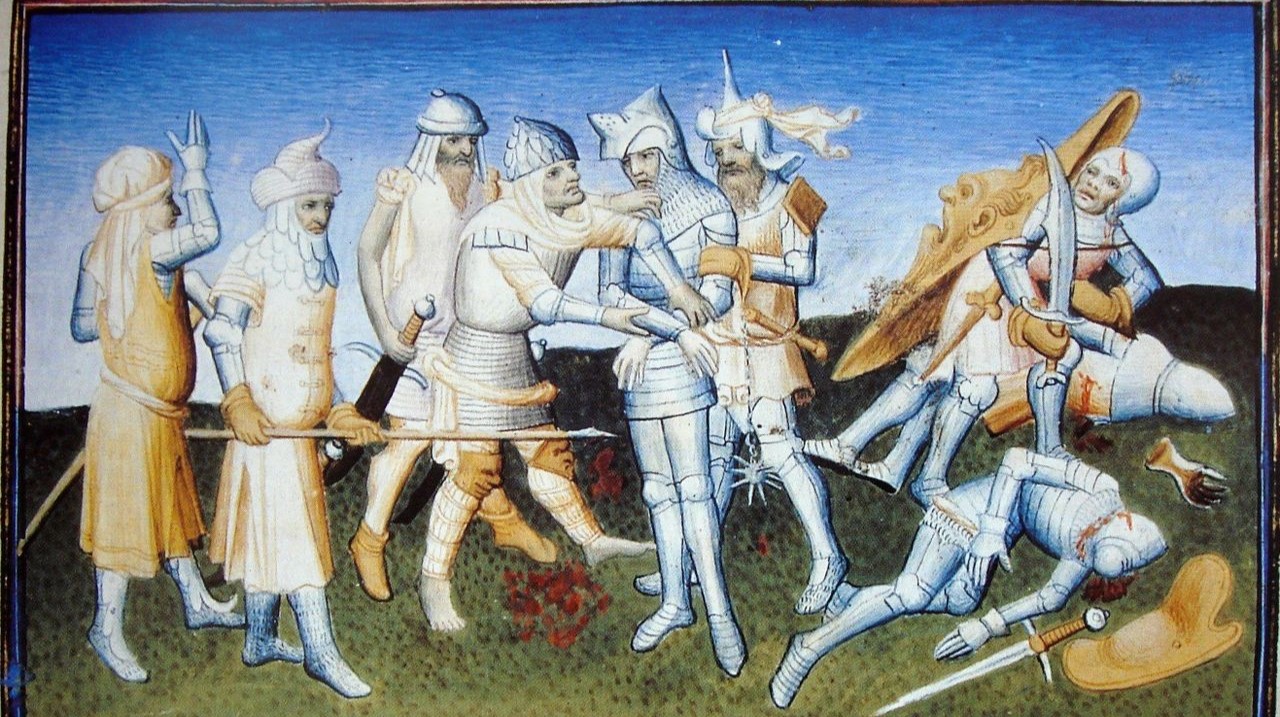
Mongol rule brought not only immense destruction and suffering to the peoples of the conquered territories but also peace, known in modern research as ‘pax Mongolica’. The period of the Mongol Empire (1206–1368) is unique in world history.
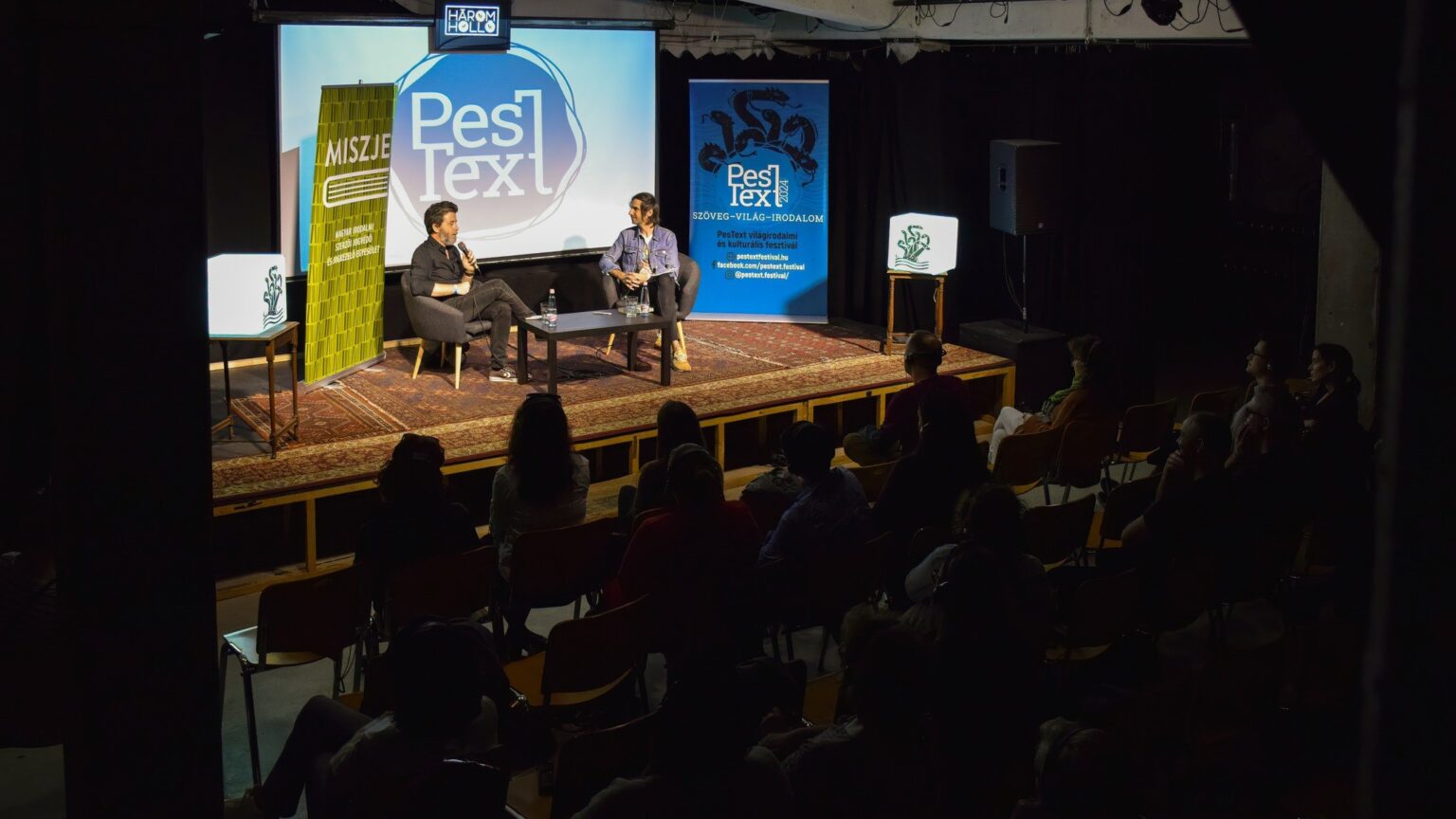
This autumn marks the sixth edition of the PesText International Literary and Cultural Festival, where audiences can meet key figures of contemporary world literature. The festival’s primary aim is to provide opportunities for foreign language authors and readers to meet, with special attention given to the literature of neighbouring countries, Eastern and Central Europe, and the Visegrád Four.
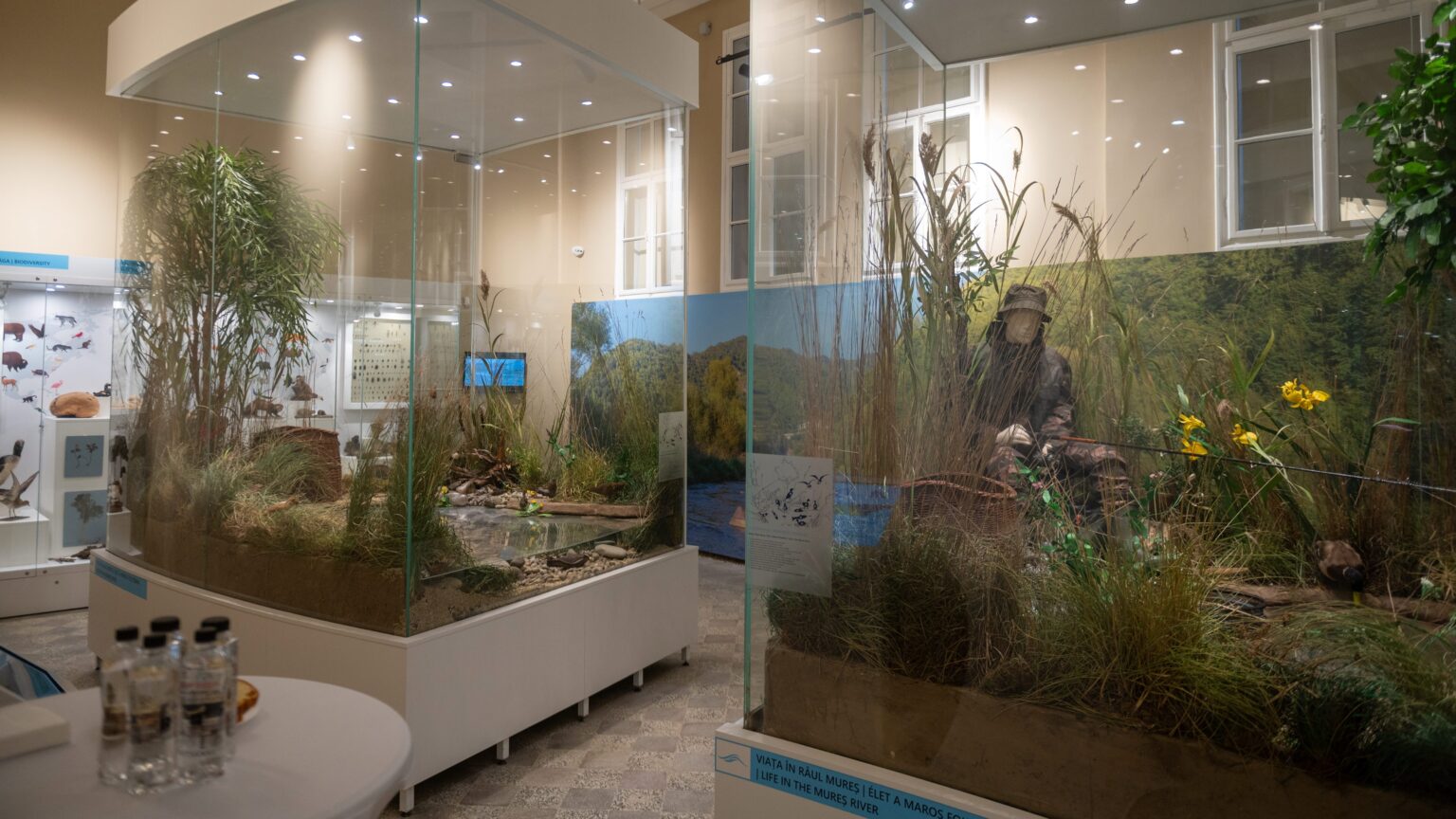
In order to ensure the high-quality execution of the project, a two-stage international design competition will be launched for the new exhibition building by the Debrecen Infrastructure Development Ltd on behalf of the city of Debrecen, inviting submissions from leading international and domestic architectural firms.

The exhibition, open until 24 November, showcases the role of traditional craftsmanship in contemporary visual art through over three hundred artefacts. The objects are displayed within both ethnographic and applied arts contexts, allowing for the parallel exploration of different perspectives.
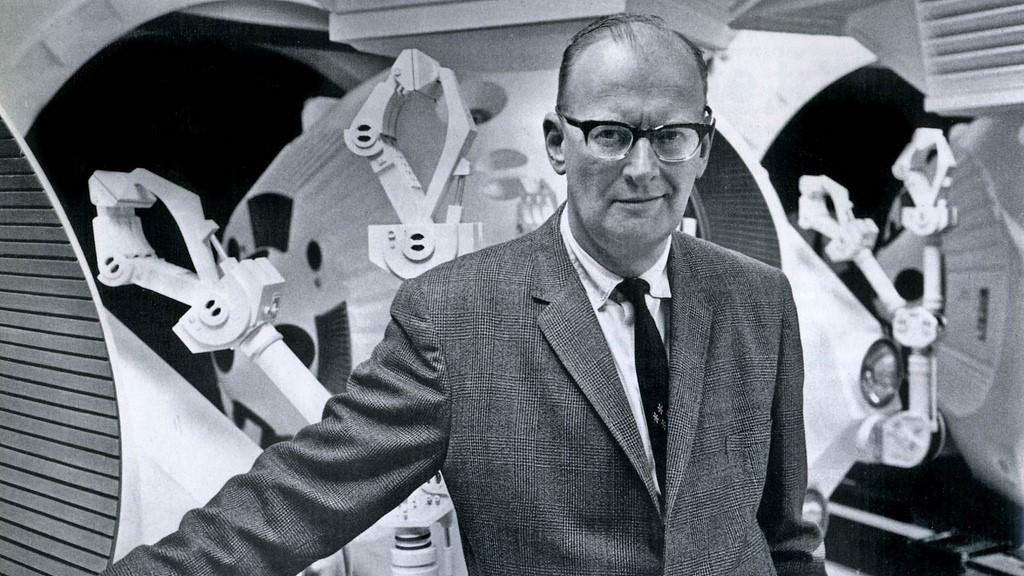
Accompanied by the music of Hungarian composer György Ligeti, 2001: A Space Odyssey explores the origins of human life, with the screenplay co-written by Arthur C. Clarke and Stanley Kubrick suggesting that extraterrestrial intelligence played a conscious role in human development.

After the 5–0 loss against Germany, the Hungarian football national team tied Bosnia and Herzegovina 0–0 in the UEFA Nations League. Nevertheless, Marco Rossi has been through rough periods with the team already, and has always managed to come back so far.

The OECD has published its Education at a Glance 2024 report, which examines the state of educational systems and the challenges they face in various countries up to 2023. The analyses are based on data from 2022 and 2023 for educational participation and 2021 for teacher salaries.

Out of the 38 bearings on the Kőröshegy Viaduct (each supporting 4,500 tonnes when in place), three had become significantly worn and needed to be replaced. The viaduct will be reopened to traffic in full width on Wednesday afternoon, five days earlier than planned, according to the Hungarian Concession Infrastructure Development Plc.
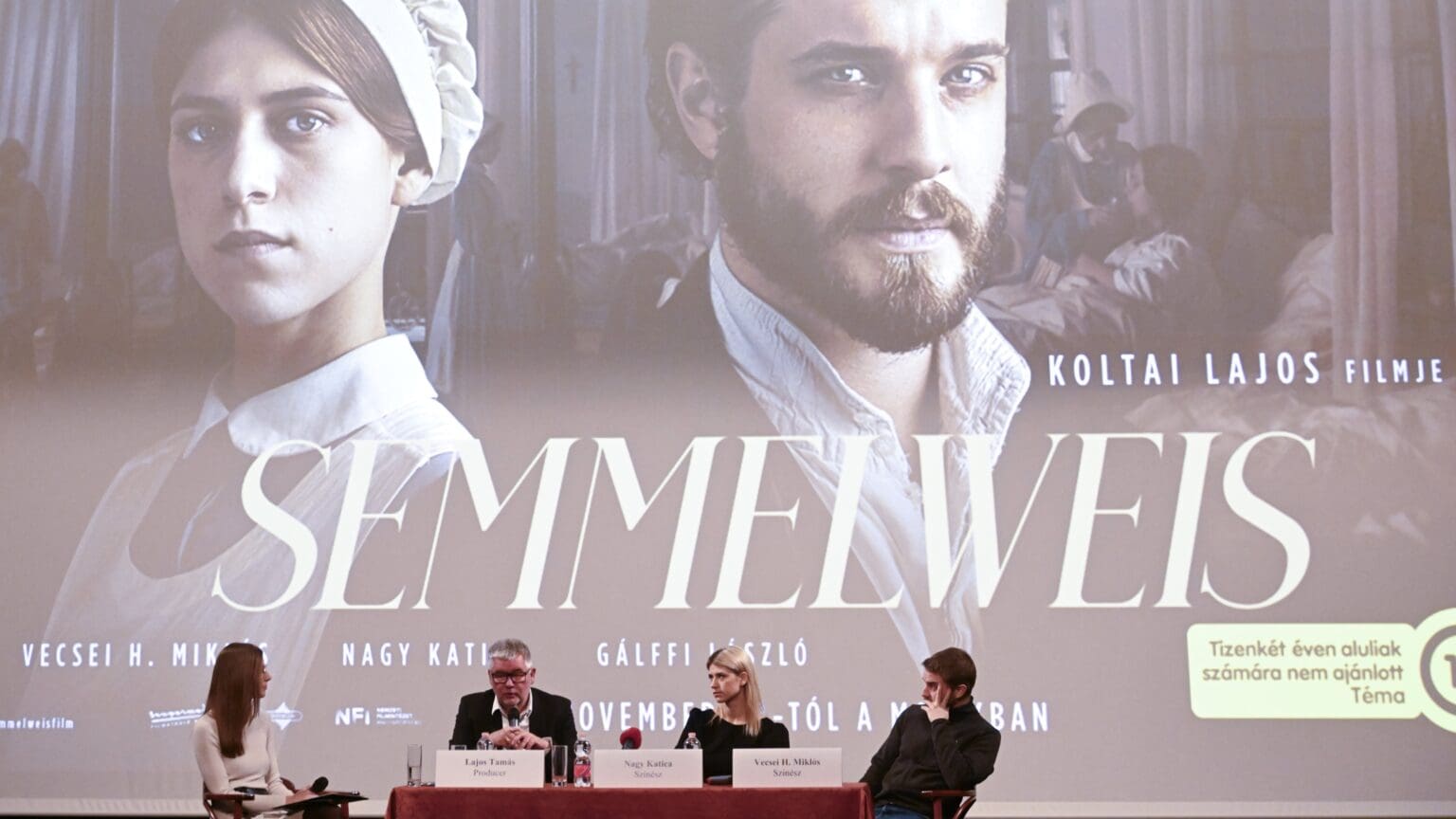
The film, which tells the story of the world-renowned Hungarian doctor Ignác Semmelweis, won the award for Best Film at the Toronto EU Film Festival based on audience votes. In Hungary approximately 350,000 people have seen the film drama, and its success continued on the largest streaming platform, according to the statement.
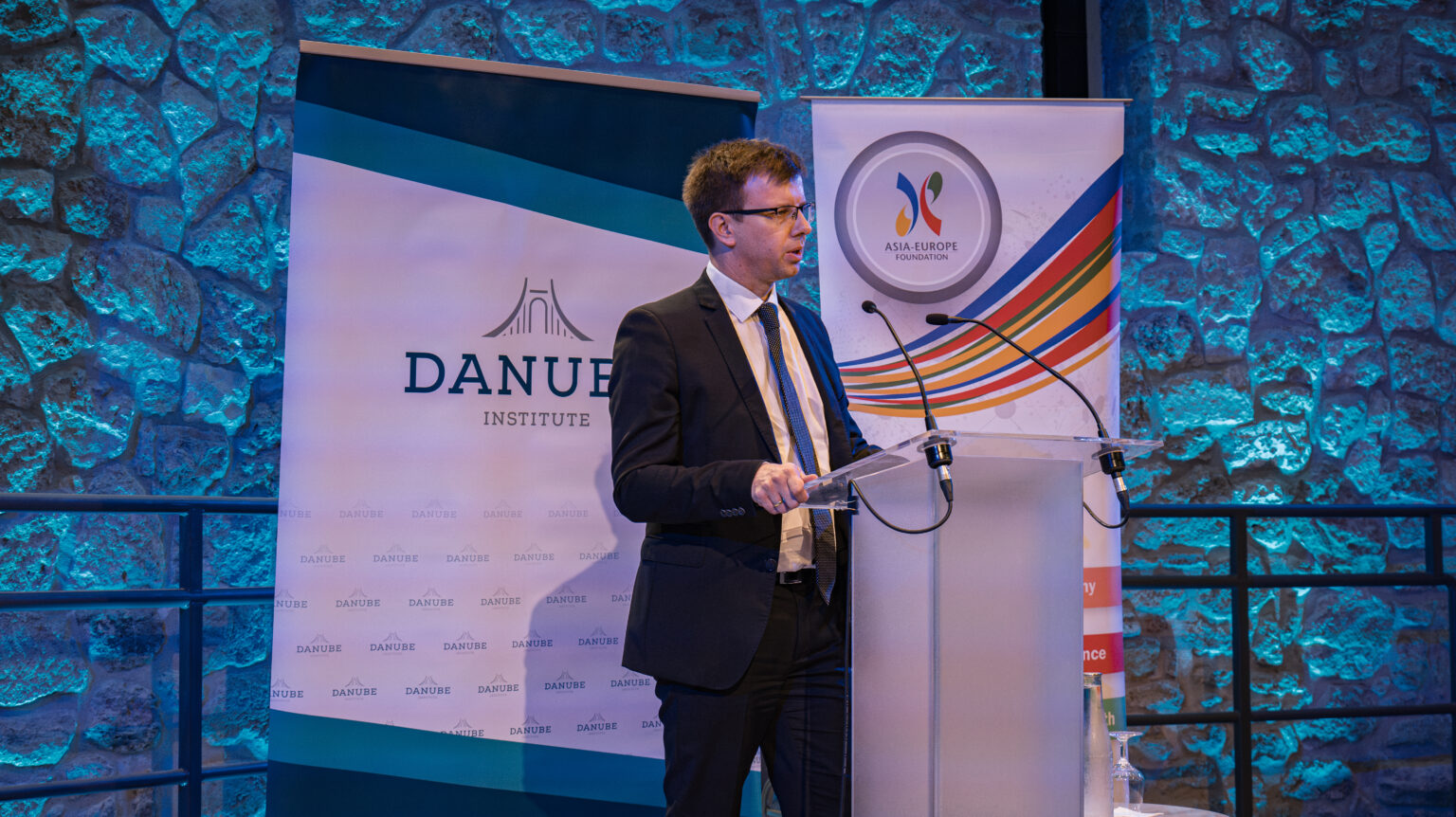
Hungarian EU Affairs Minister János Bóka gave a detailed presentation on the first day of the conference co-organized by the Danube Institute, outlining the key priorities of the Hungarian EU Presidency. Bóka highlighted an early success of the presidency, noting that while six months ago the importance of developing European competitiveness was rarely discussed, it has now become a central topic in the European political debate.
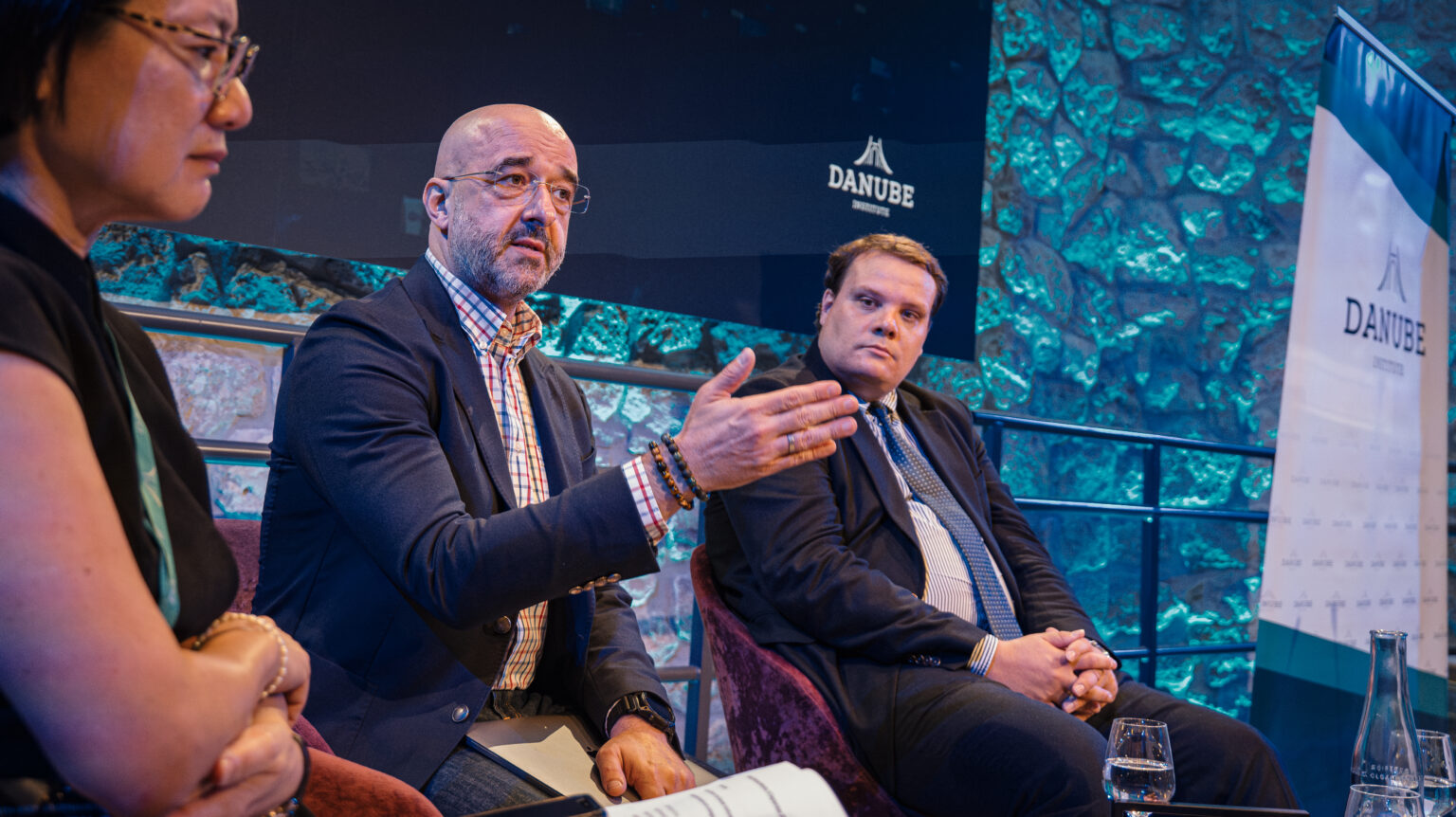
Co-organized by the Hungarian think tank Danube Institute, an international media seminar began on Tuesday in Budapest, focusing on the effective use of artificial intelligence in journalism. In his keynote speech, Hungarian State Secretary Zoltán Kovács pointed out that Europe could be the first continent to regulate AI, with the regulation potentially being introduced during Hungary’s EU Presidency.
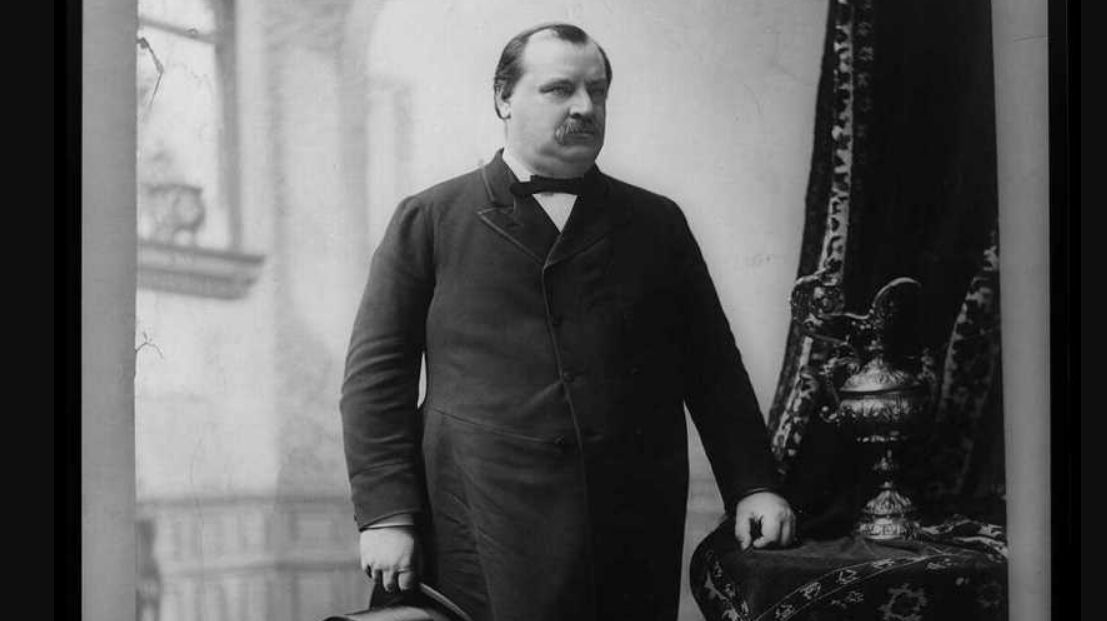
In 1892, Democrat Grover Cleveland became the first US President to achieve what Donald Trump is trying to do right now: win a second, non-consecutive term in the White House. The same year, one of the most successful third parties in American history, the Populists also emerged on the national scene.

Researcher at the HUN-REN Centre for Astronomy and Earth Sciences Krisztián Sárneczky was elected one of the newest honorary members of the International Astronomical Union. In addition to his work in popularizing science, he has recently achieved outstanding results in the field of planetary defence as well.

Much to the disappointment of their fans, the Hungarian national football team suffered a 5–0 defeat to Germany in the first round of the UEFA Nations League in Düsseldorf on Saturday. Both national team captain Marco Rossi and star midfielder Dominik Szoboszlai emphasized that a win in Tuesday’s game against Bosnia is the only acceptable outcome to put the shame of Saturday’s defeat behind them.

Former President János Áder, joined by infectious diseases specialist János Szlávik, discussed the importance of vaccinations in preventing serious infections such as severe COVID-19, whooping cough, and measles in the latest episode of the Blue Planet podcast.

One of the 21st century’s greatest scientific questions is whether humans have free will. This year’s Brain Bar will give special attention to this topic, with notable guest speakers such as Avi Loeb, Gerard Barron, and Lars Chittka.
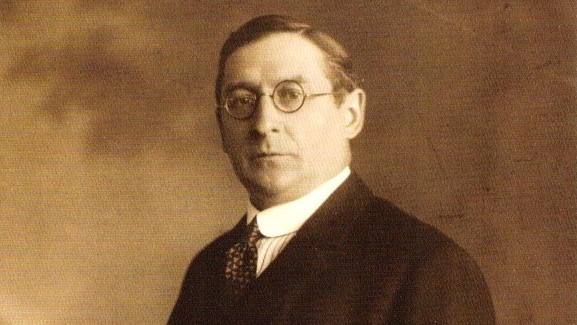
‘Klebelsberg believed that “today it is not the sword but culture that can keep the Hungarian homeland alive and make it great again”, and he considered it important not only to educate the Hungarian elite but also to develop the education of the people. Legislation published in 1926 provided for the construction of 3,500 new classrooms and 1,750 teachers’ dwellings, in the following order: first, in isolated rural districts without schools, then in villages without schools, and finally in overcrowded urban schools.’
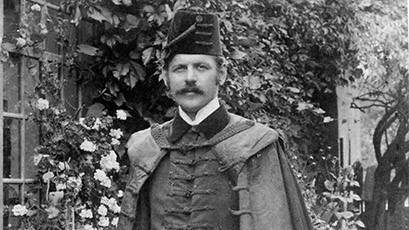
The question of what kind of apparel Reformed ministers should wear was still not fully resolved by the beginning of the 20th century. A weekly titled Lelkészegyesület (Clergy Association), launched in 1908, dedicated twenty-five articles, announcements, appeals, and comments to this topic in its first issue.

Central and Eastern Europe’s largest artificial intelligence conference will be held in Budapest at the House of Music on 9–10 September. As part of the event series in City Park, not only will the House of Music take centre stage, but the internationally renowned Museum of Ethnography will also host the Media Future stage.

Swimmer Zsófia Konkoly won her second gold medal at the 2024 Paralympics yesterday; while long jumper Luca Ekler defended her title and won another gold in her event after the Tokyo games in 2021. The Hungarian para-athletes also earned a silver in fencing, as well as a bronze in swimming and table tennis respectively.

The series is a monumental historical drama that portrays the life, love, and battles of János Hunyadi, the legendary 15th century Hungarian military leader, offering a glimpse into the political landscape of Europe at the time. What makes the series unique is its cast of over 600 international actors and stunt performers, with the characters speaking in their native languages, enhancing historical authenticity.

Dominican Hungarian guard-forward Vincent Valerio-Bodon spent the last season with the Los Angeles Lakers’ reserve team South Bay Lakers, but now has the chance to make his debut in the NBA with the 17-time champions. He would be the second Hungarian basketball player to play in the NBA.